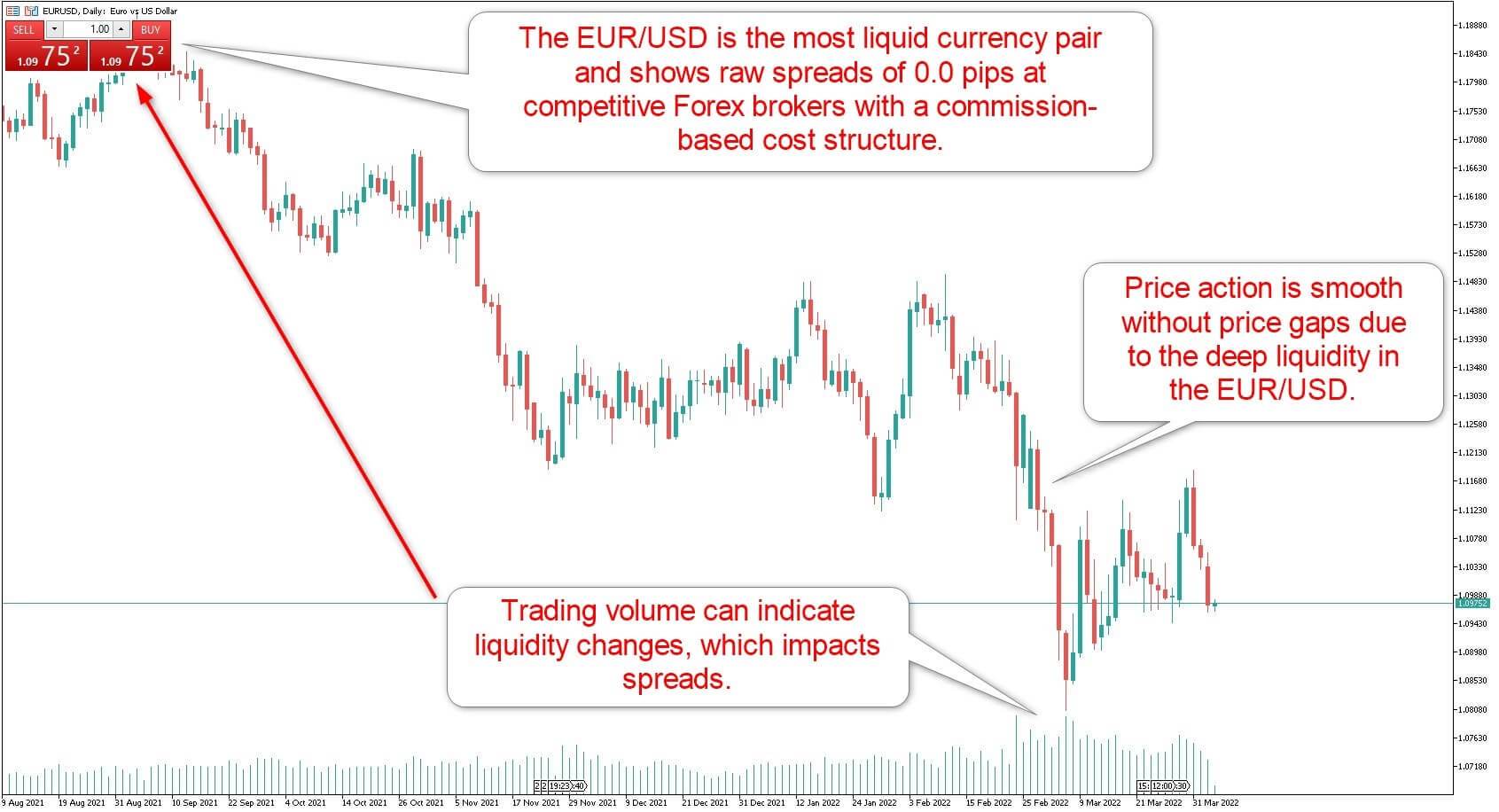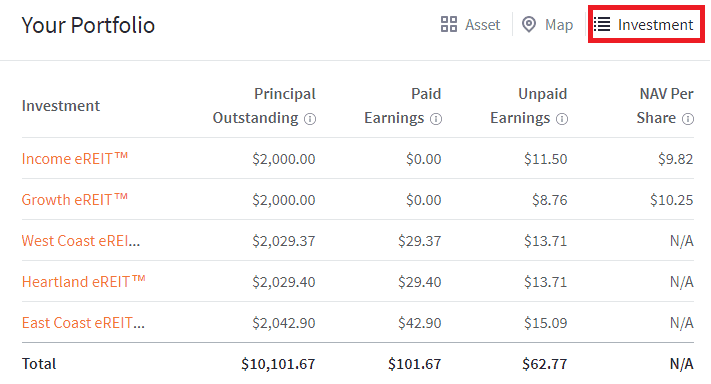
An effective way to gain access to global investment opportunities is to invest in emerging market bond funds. However, these funds carry risks that are distinct from other types of investments. These risks can include currency fluctuation, political instability, economic risk, interest rate risk and issuer default risk. They also increase the risk for short-term capital losses.
Emerging market bond funds usually invest in foreign-denominated bonds issued by sovereign countries. These funds may have lower liquidity and price volatility due to less-regulated securities markets. These funds also present a number of unique risks, including credit risk, currency exchange rate risk, and issuer default risk.
The JPMorgan EMBI Global Diversified Index is a market-capitalization-weighted index that tracks debt instruments issued by sovereign entities. The index includes local-currency sovereigns debt and Eurobonds.

The Bloomberg Barclays Emerging Markets USD Agregate Bond Index has lost 1.3 per cent in the past six weeks. This is due in part to the continued weakness in eurozone as also to the spread Ebola in west Africa. This has led investors to abandon emerging market bonds and risk assets. A few commentators however argue that emerging market bond has become more attractive due to the recent correction.
Harding Loevner Institutional Emerging Markets Fund, which has had success in incorporating emerging countries into its portfolio, is an example of a fund that has been successful. It is more risky than other Morningstar funds, but it offers higher returns than others in its category. Additionally, managers of this fund typically hold at least 50% of their assets in corporate bond.
Another fund to consider is the iShares JPMorgan USD Emerging Markets Bond (EMB). This fund tracks a variety of US dollar-denominated emerging marketplace debt instruments. Venezuelan sovereign bonds are not included. It also holds defaulted bonds. Its allocation to Venezuelan debt, however, is very low. The fund is able to hold a number of other issues, such as restructured debt. Investors have a wide range of investment options at very low costs.
Emerging markets bond funds can be a great way to diversify your portfolio over the long-term. However, investors should be aware of the inherent risks that investing in bonds carries, such as currency fluctuations, default risk and interest rate risk. These risks could also impact the industry or sector the fund is invested in. This is especially true of bonds issued by foreign governments.

Emerging market bond funds can be used as a support investment to a balanced portfolio and not as a core holding. A variety of emerging market bond ETFs are available to you if you are interested. They provide a wide array of nuanced securities and strong liquidity. They have lower fees that most emerging market bond mutual money, making them a more cost-effective option to individual issues.
FAQ
What is a "bond"?
A bond agreement is an agreement between two or more parties in which money is exchanged for goods and/or services. Also known as a contract, it is also called a bond agreement.
A bond is usually written on a piece of paper and signed by both sides. The document contains details such as the date, amount owed, interest rate, etc.
The bond is used for risks such as the possibility of a business failing or someone breaking a promise.
Bonds are often combined with other types, such as mortgages. This means the borrower must repay the loan as well as any interest.
Bonds are used to raise capital for large-scale projects like hospitals, bridges, roads, etc.
It becomes due once a bond matures. This means that the bond's owner will be paid the principal and any interest.
If a bond does not get paid back, then the lender loses its money.
Is stock marketable security a possibility?
Stock can be used to invest in company shares. This can be done through a brokerage firm that helps you buy stocks and bonds.
Direct investments in stocks and mutual funds are also possible. In fact, there are more than 50,000 mutual fund options out there.
There is one major difference between the two: how you make money. With direct investment, you earn income from dividends paid by the company, while with stock trading, you actually trade stocks or bonds in order to profit.
Both of these cases are a purchase of ownership in a business. However, when you own a piece of a company, you become a shareholder and receive dividends based on how much the company earns.
Stock trading gives you the option to either short-sell (borrow a stock) and hope it drops below your cost or go long-term by holding onto the shares, hoping that their value increases.
There are three types: put, call, and exchange-traded. Call and put options give you the right to buy or sell a particular stock at a set price within a specified time period. ETFs can be compared to mutual funds in that they do not own individual securities but instead track a set number of stocks.
Stock trading is very popular because investors can participate in the growth of a business without having to manage daily operations.
Stock trading is a complex business that requires planning and a lot of research. However, the rewards can be great if you do it right. To pursue this career, you will need to be familiar with the basics in finance, accounting, economics, and other financial concepts.
What are the benefits to investing through a mutual funds?
-
Low cost - purchasing shares directly from the company is expensive. Buying shares through a mutual fund is cheaper.
-
Diversification – Most mutual funds are made up of a number of securities. When one type of security loses value, the others will rise.
-
Professional management - professional mangers ensure that the fund only holds securities that are compatible with its objectives.
-
Liquidity – mutual funds provide instant access to cash. You can withdraw your money whenever you want.
-
Tax efficiency - mutual funds are tax efficient. As a result, you don't have to worry about capital gains or losses until you sell your shares.
-
There are no transaction fees - there are no commissions for selling or buying shares.
-
Easy to use - mutual funds are easy to invest in. All you need is money and a bank card.
-
Flexibility - You can modify your holdings as many times as you wish without paying additional fees.
-
Access to information- You can find out all about the fund and what it is doing.
-
Ask questions and get answers from fund managers about investment advice.
-
Security - Know exactly what security you have.
-
Control - you can control the way the fund makes its investment decisions.
-
Portfolio tracking allows you to track the performance of your portfolio over time.
-
Easy withdrawal - it is easy to withdraw funds.
Investing through mutual funds has its disadvantages
-
Limited choice - not every possible investment opportunity is available in a mutual fund.
-
High expense ratio - the expenses associated with owning a share of a mutual fund include brokerage charges, administrative fees, and operating expenses. These expenses will reduce your returns.
-
Lack of liquidity - many mutual funds do not accept deposits. They must only be purchased in cash. This limits your investment options.
-
Poor customer service - there is no single contact point for customers to complain about problems with a mutual fund. Instead, you will need to deal with the administrators, brokers, salespeople and fund managers.
-
Risky - if the fund becomes insolvent, you could lose everything.
Why is a stock called security.
Security is an investment instrument that's value depends on another company. It could be issued by a corporation, government, or other entity (e.g. prefer stocks). The issuer promises to pay dividends to shareholders, repay debt obligations to creditors, or return capital to investors if the underlying asset declines in value.
Statistics
- US resident who opens a new IBKR Pro individual or joint account receives a 0.25% rate reduction on margin loans. (nerdwallet.com)
- Ratchet down that 10% if you don't yet have a healthy emergency fund and 10% to 15% of your income funneled into a retirement savings account. (nerdwallet.com)
- "If all of your money's in one stock, you could potentially lose 50% of it overnight," Moore says. (nerdwallet.com)
- For instance, an individual or entity that owns 100,000 shares of a company with one million outstanding shares would have a 10% ownership stake. (investopedia.com)
External Links
How To
How do I invest in bonds
An investment fund, also known as a bond, is required to be purchased. You will be paid back at regular intervals despite low interest rates. These interest rates can be repaid at regular intervals, which means you will make more money.
There are many different ways to invest your bonds.
-
Directly purchase individual bonds
-
Buy shares from a bond-fund fund
-
Investing through a broker or bank
-
Investing via a financial institution
-
Investing through a Pension Plan
-
Invest directly with a stockbroker
-
Investing through a mutual fund.
-
Investing in unit trusts
-
Investing in a policy of life insurance
-
Investing via a private equity fund
-
Investing in an index-linked investment fund
-
Investing in a hedge-fund.